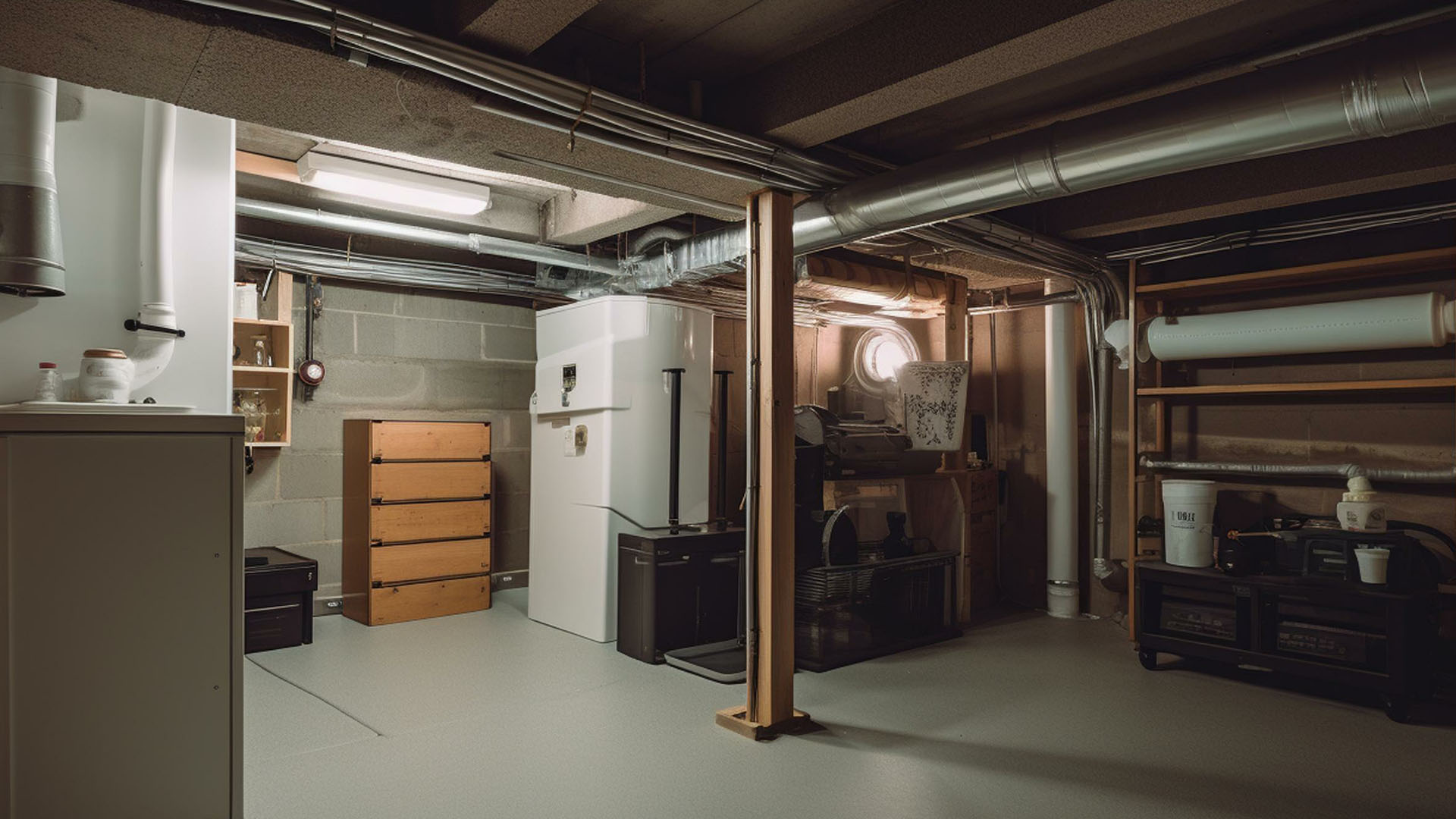
During January, it’s important to note that this month is Radon Awareness Month, highlighting the significance of protecting your clients from the dangers of radon gas. Radon, a silent and invisible threat, poses a significant health risk to homeowners. It’s a naturally occurring gas, colorless and odorless, and ranks as the second-leading cause of lung cancer. While radon is everywhere, it becomes dangerous when it accumulates within a home. As a responsible real estate agent, it’s essential to educate your clients on the steps they can take to protect themselves and their loved ones from this hidden danger.
Understanding the Stealthy Visitor
Radon gas is a by-product of the natural decay of uranium and thorium found in rocks and soil. It seeps into the atmosphere as part of this decay process. In the outdoors, radon concentrations remain relatively harmless. However, the trouble begins when it infiltrates buildings through various pathways, including seams between building materials, foundation cracks, plumbing passageways, and porous concrete blocks in the foundation. Over time, inhaling radon gas within the confines of a home can lead to severe pulmonary health problems, making it the leading cause of lung cancer among non-smokers.
Should Homes Be Tested?
The Centers for Disease Control (CDC) strongly recommend testing homes for radon gas. In fact, radon testing is now a routine part of pre-closing home inspections, highlighting its significance in ensuring home safety. If your clients plan to sell their home, it’s prudent to test for radon gas before putting it on the market. Additionally, testing is crucial during renovation projects, especially if these renovations will increase the time spent in the basement or the lower parts of the house.
Testing for radon gas is straightforward and can be done using a home kit available online or at home improvement stores. These kits offer short-term and long-term testing options, with longer-term tests providing a more comprehensive and accurate assessment. If the initial test reveals concerning radon levels, it is advisable to seek professional verification. The Environmental Protection Agency (EPA) offers links to state and regional authorities who can provide expert help with testing and any necessary mitigation repairs. The EPA has also created a comprehensive map indicating radon exposure risk levels across the United States.
Radon Mitigation Steps
When radon levels in a home are found to be too high, it’s crucial to enlist the services of a licensed radon mitigation professional. These experts can employ various strategies to reduce radon levels and make the home safe for its occupants. Some common mitigation steps include:
1. Relieving Built-Up Radon Gas: Mitigation professionals can implement systems to disperse and safely vent radon gas from beneath the home’s foundation slab.
2. Depressurizing Crawl Spaces: Radon can accumulate in crawl spaces, posing a risk to residents. Professionals can depressurize these areas to prevent radon from entering the living spaces.
3. Sealing Openings: Radon can enter the home through openings in the foundation, such as plumbing pathways. Experts will seal these openings to prevent radon infiltration.
4. Installing Ventilation Fans: In some cases, ventilation fans may be required to ensure adequate ventilation and reduce radon levels effectively.
As a real estate agent, ensuring the safety and well-being of your clients should be a top priority. Educating them about the dangers of radon gas and the steps they can take to protect their homes is a valuable service. By advocating for radon testing and mitigation, you empower homeowners to create a healthier and safer living environment for themselves and their families.
When you join Fathom Realty, you will access extensive training, cutting-edge technology, and local support from experienced leaders. We are committed to helping you grow your business and succeed in the real estate industry. Join us and become part of the Fathom family that values service, strong culture, and excellence in all we do!
More in Business Building
Real Estate Business Growth: What Works in 2025
How to Master Content Marketing for Real Estate Success
Latest on the Blog

Fathom District Dash: And the Winners Are…

Real Estate Business Growth: What Works in 2025


